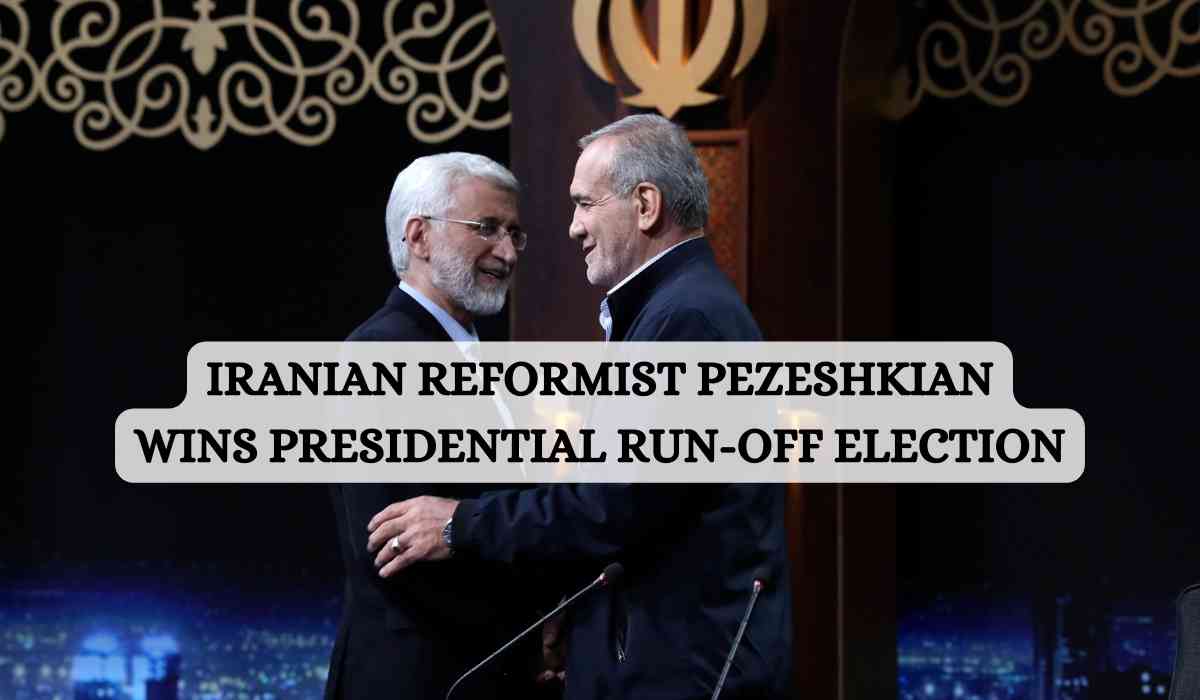In a pivotal moment for Iran, reformist candidate Masoud Pezeshkian emerged victorious in the country's recent presidential run-off elections, securing 16.3 million votes against hardliner Saeed Jalili's 13.5 million.
This outcome marks a significant shift in Iran's political landscape, with Pezeshkian's win reflecting a mandate for warmer relations with the West and a departure from the more hardline stance advocated by Jalili.
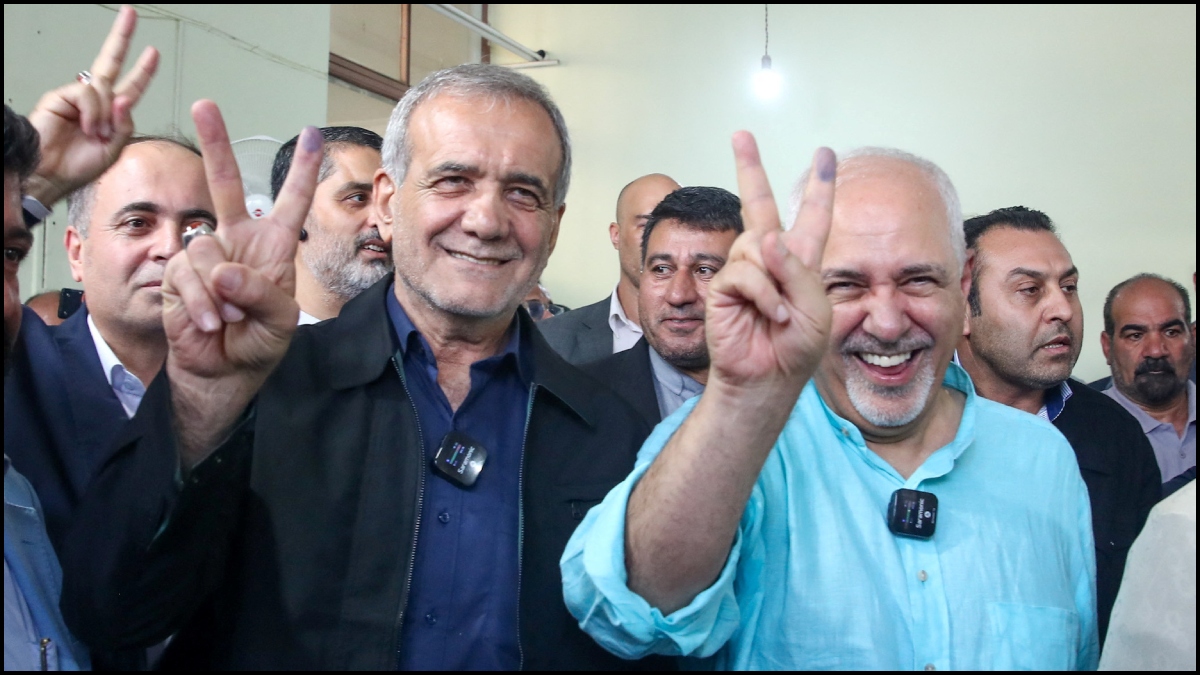
Election Dynamics and Candidate Profiles
-
Pezeshkian's Victory and Political Significance
Masoud Pezeshkian, a renowned heart surgeon and the sole moderate candidate among four initial contenders, positioned himself as a proponent of moderate domestic policies and improved international relations, particularly with Western nations. His victory underscores a public desire for a more diplomatic approach in Iran's foreign policy.
-
Jalili's Campaign and Political Alignment
Saeed Jalili, a former nuclear negotiator and staunch advocate for strengthening ties with Russia and China, represented the hardline faction in the election. Known for his close ties to Iran's Supreme Leader Ali Khamenei, Jalili's defeat highlights a setback for conservative forces within the Iranian political spectrum.
Reaction and Celebration Across Iran
Following the announcement of Pezeshkian's win, celebrations erupted nationwide, captured vividly on social media. Supporters took to the streets in various cities and towns, demonstrating their enthusiasm through dancing and honking car horns. In Urmia, Pezeshkian's hometown, locals celebrated by distributing sweets, underscoring the widespread joy and optimism surrounding the election results.
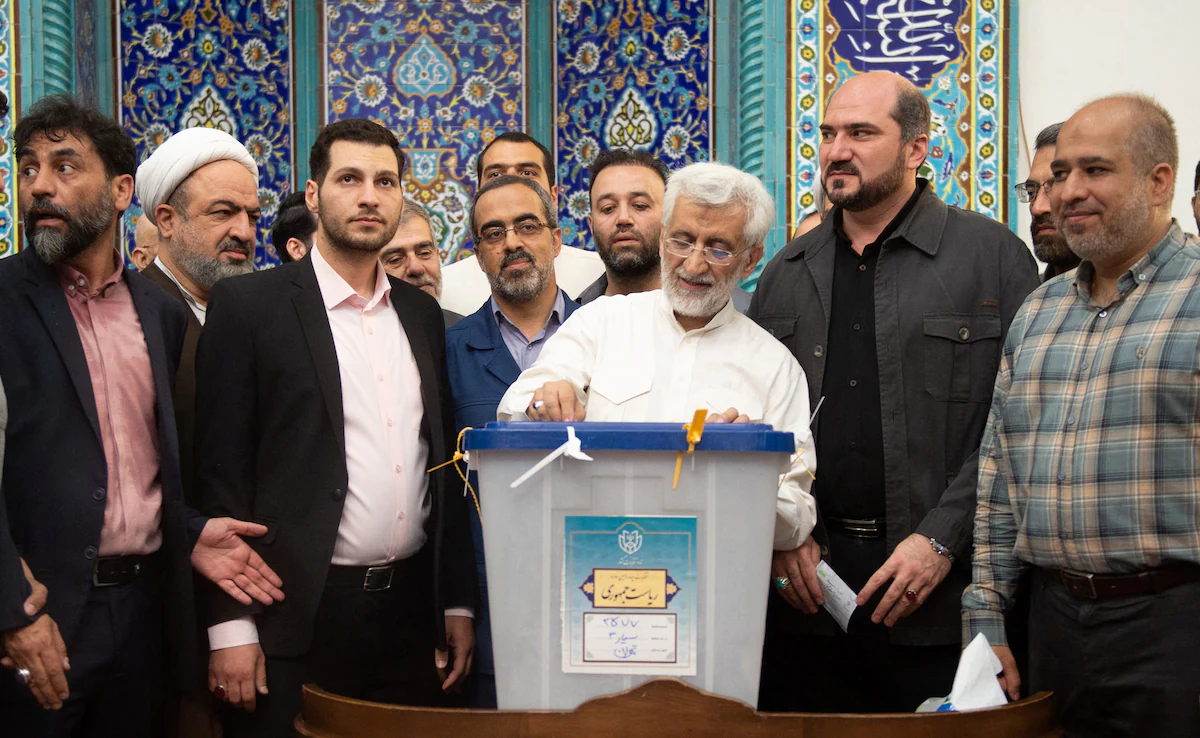
Context and Historical Implications
-
Political Transition Post-Raisi Era
The presidential election, triggered by the tragic death of former President Ebrahim Raisi, marked a crucial moment of transition in Iranian politics. With Raisi's passing leaving a void in leadership, the electorate's choice of Pezeshkian signifies a potential shift towards more moderate governance and a reevaluation of Iran's foreign policy priorities.
-
Pezeshkian's Policy Agendas
During his campaign, Pezeshkian notably pledged to address contentious domestic issues, including the mandatory headscarf law, aiming to ease social restrictions in Iran. His proposed policies resonated with voters seeking incremental reforms within the framework of the Islamic Republic.
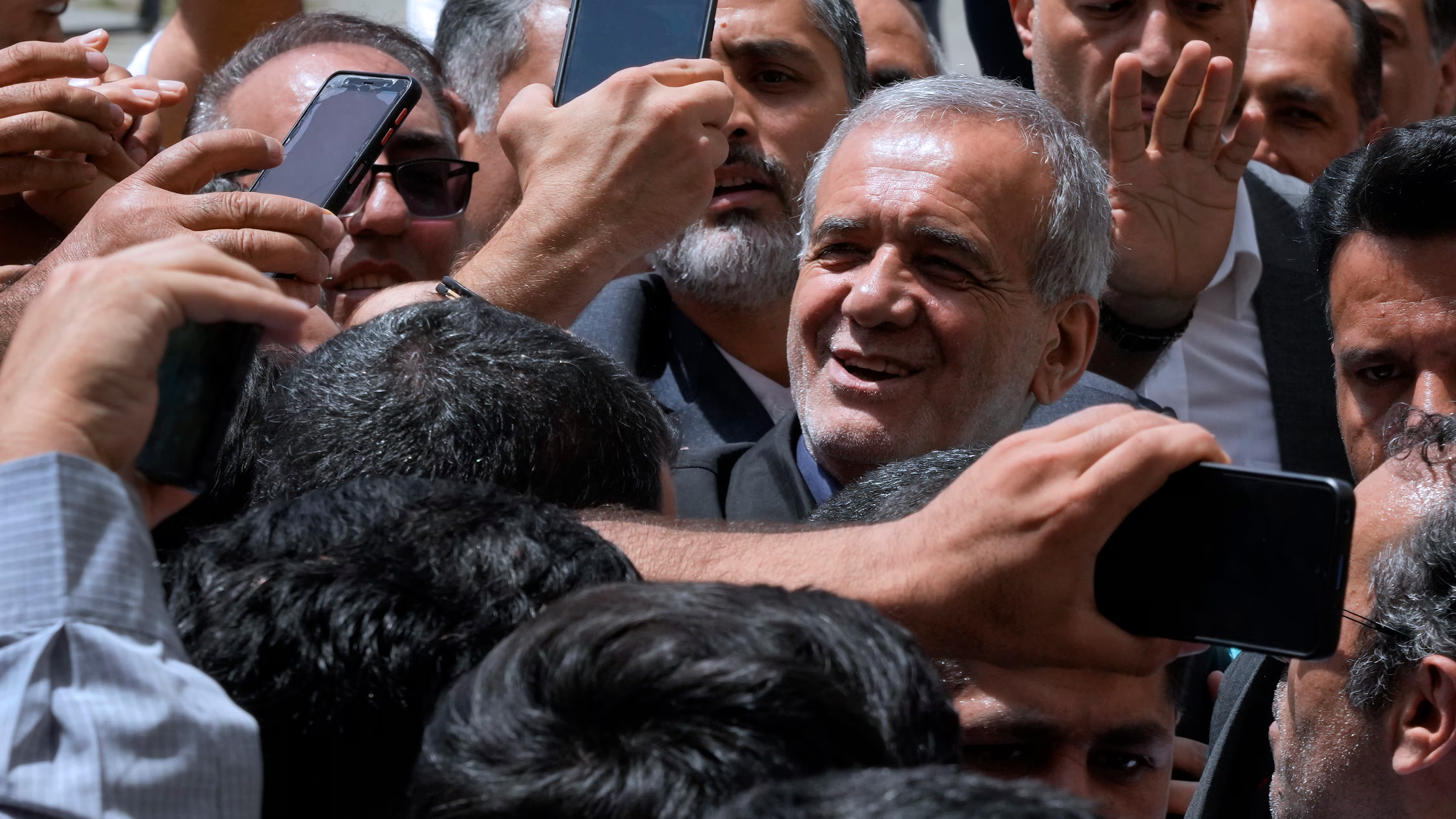
Pezeshkian's Promises and Iran's Presidential Election Context
-
Pezeshkian's Platform and Promises
Ebrahim Pezeshkian, known for his low-profile approach, campaigned with promises focused on maintaining Iran's theocratic structure while advocating for certain reforms and improved relations with the West. He pledged for:
-
Continuity of Theocracy: Pezeshkian emphasized no radical changes to Iran's Shia theocracy, affirming the Supreme Leader Ayatollah Ali Khamenei's role as the final authority in state matters.
-
Reforms and Relations: Despite his conservative stance on the theocratic framework, Pezeshkian proposed economic reforms, social liberalization, and political pluralism. These proposals aimed at easing tensions with the West and addressing domestic issues.
-
Impact and Challenges Ahead
While Pezeshkian's victory signifies a shift in leadership, analysts suggest its impact on Iran's policies may be limited. The Supreme Leader retains significant control over crucial state affairs, including foreign policy decisions and nuclear negotiations. Pezeshkian's ability to enact his agenda faces challenges from within Iran's predominantly hardliner government.
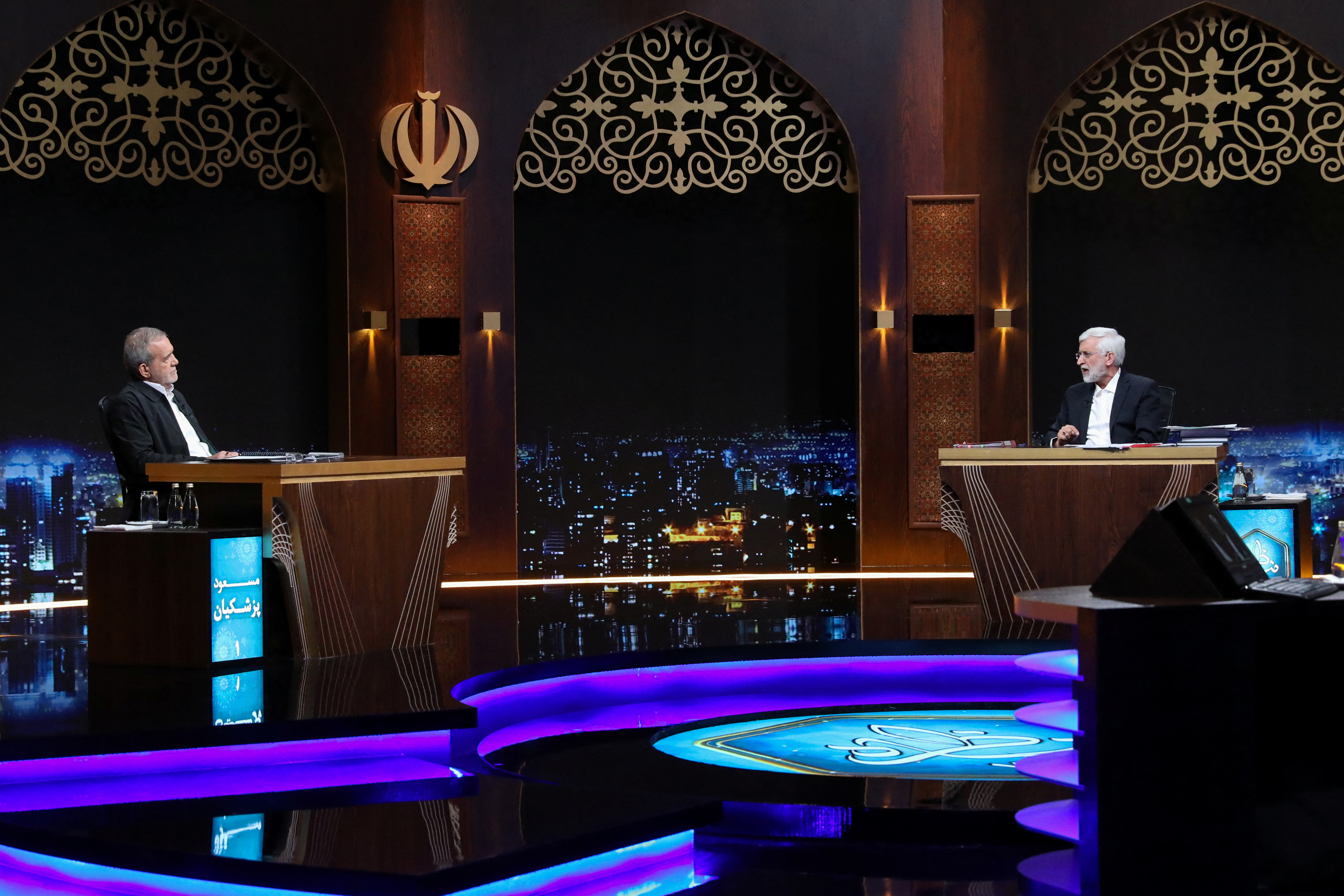
Current Challenges and Geopolitical Context
Iran, under Pezeshkian's leadership, faces multiple regional and international challenges:
-
Middle East Tensions: The ongoing conflict involving Israel and Iranian allies Hamas and Hezbollah heightens regional instability, influencing Iran's foreign policy dynamics.
-
Nuclear Program and Western Relations: With Iran's nuclear program advancing and international pressure mounting, Pezeshkian's pragmatic foreign policy approach aims to revive stalled negotiations on the 2015 nuclear deal and improve Iran's global standing.
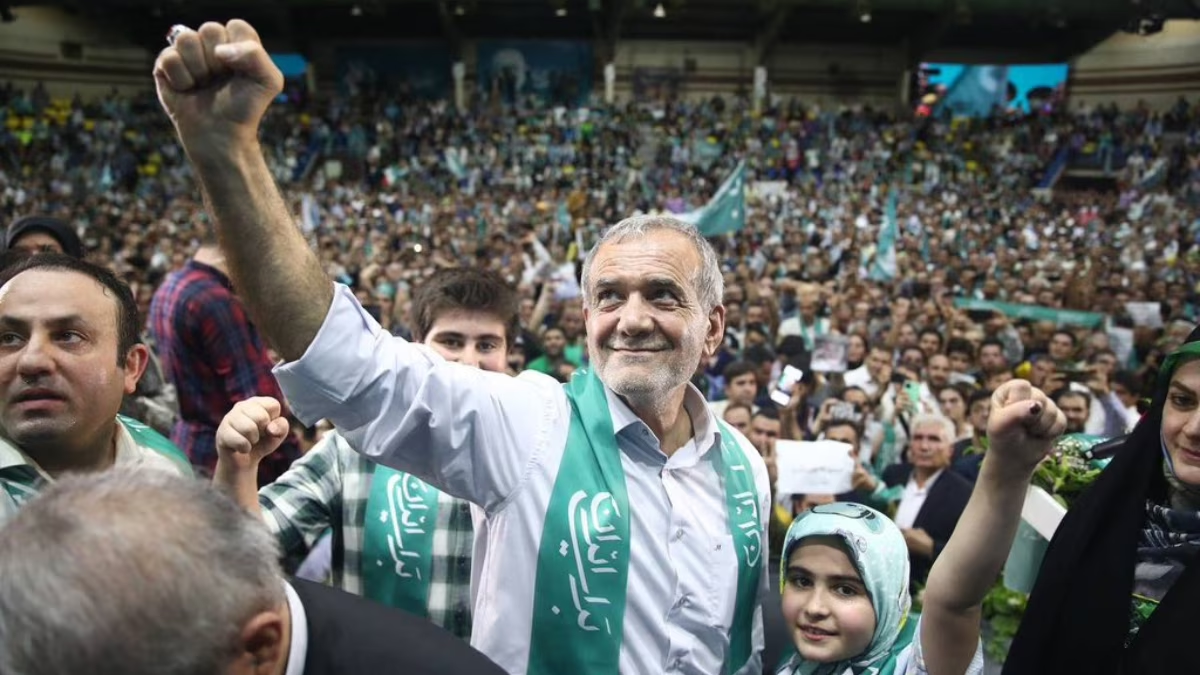
Historical Context and Public Response
Pezeshkian's victory in Iran's presidential runoff reflects evolving public sentiment and political dynamics:
-
Electoral Turnout: Despite initial voter apathy in the first round, increased turnout in the runoff underscores public engagement and concern over Iran's future trajectory.
-
Social and Political Landscape: Voter skepticism persists regarding Pezeshkian's ability to deliver on his promises amid existing social and political restrictions and memories of past government crackdowns on dissent.
Ebrahim Pezeshkian's presidency marks a significant moment in Iran's political landscape, promising both continuity and potential reforms. His administration's ability to navigate internal challenges and external pressures will shape Iran's trajectory on the global stage, particularly in relations with the West and regional stability.
With inputs from agencies
Image Source: Multiple agencies
© Copyright 2024. All Rights Reserved Powered by Vygr Media.

